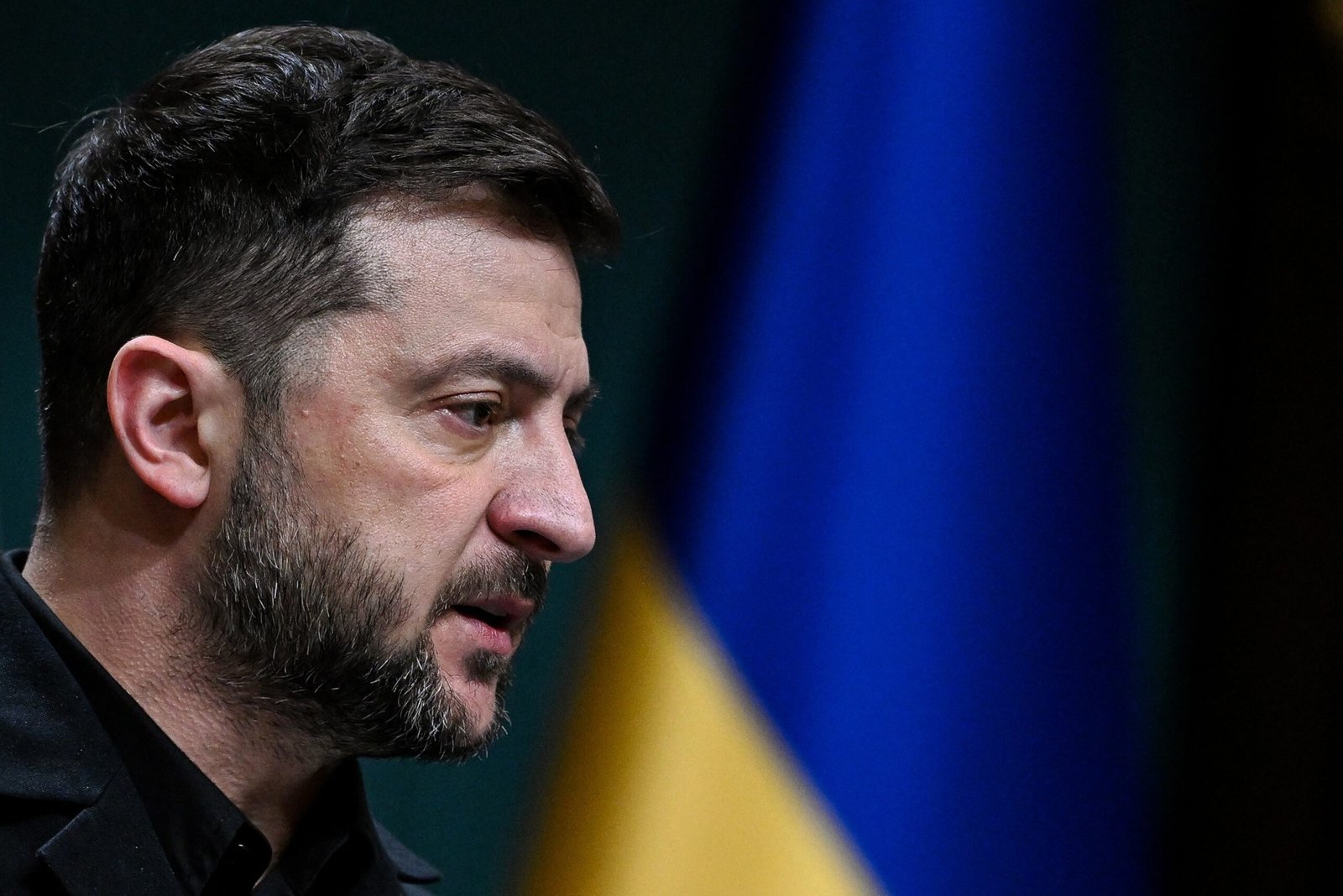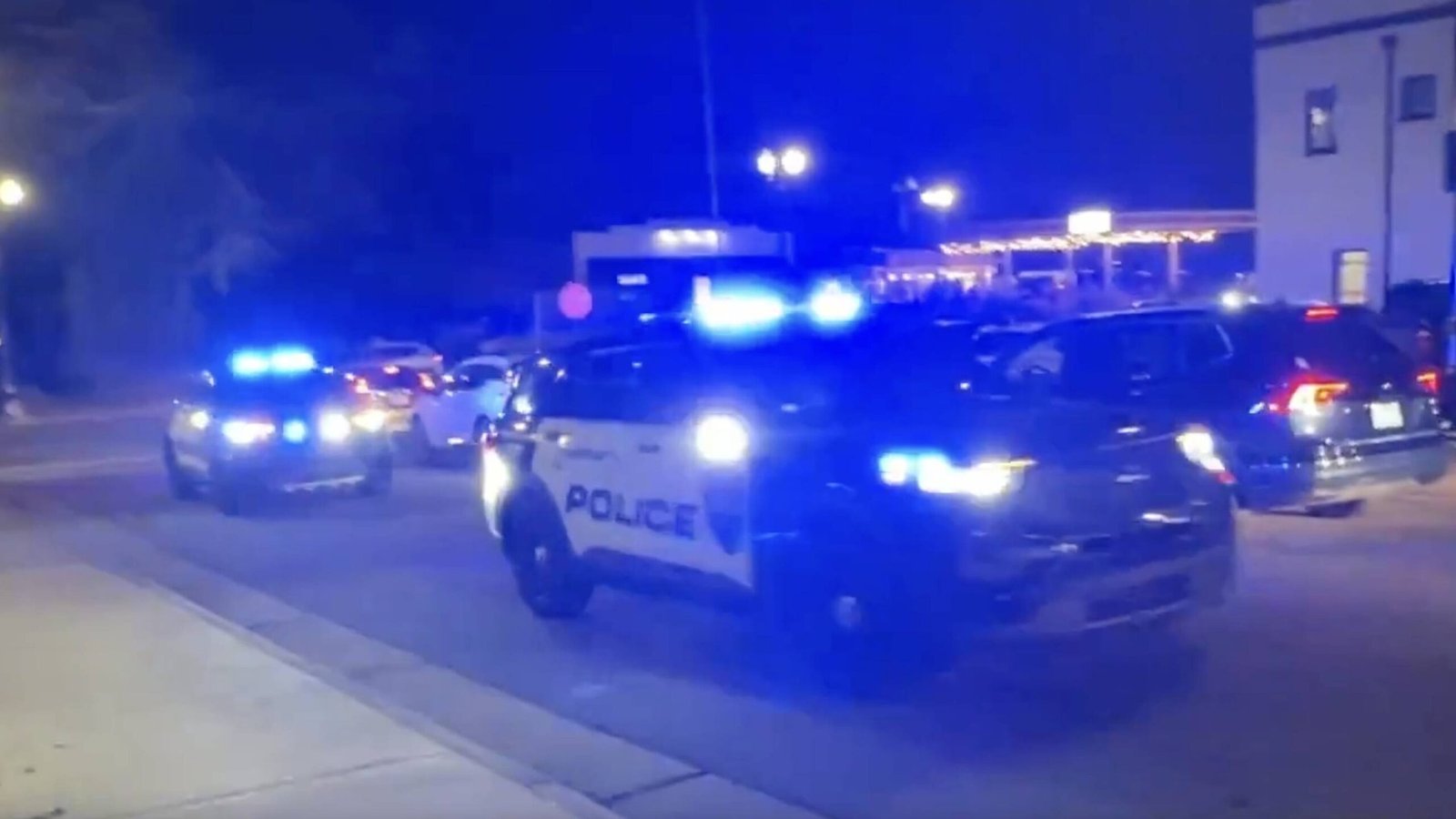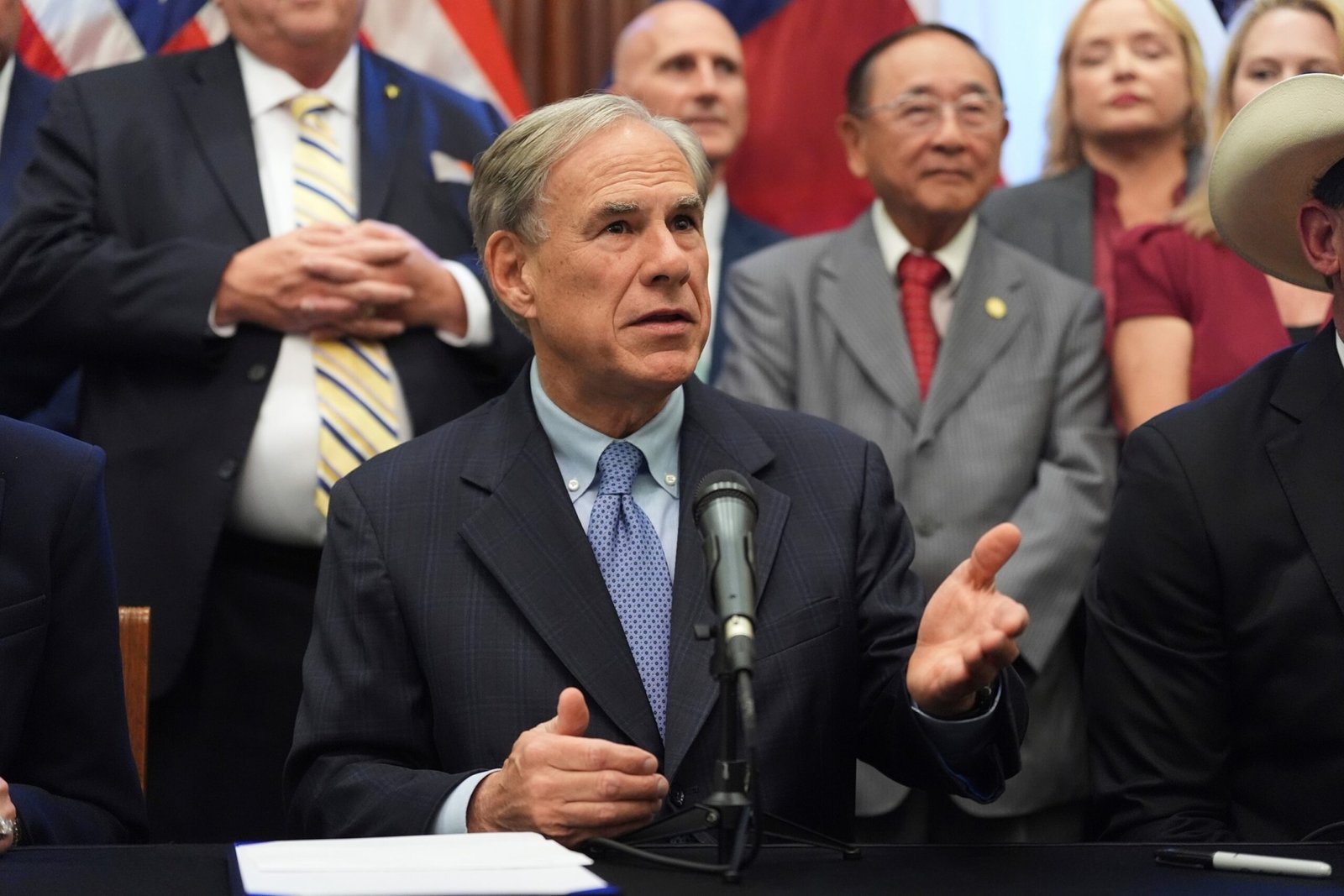The former director of Disease Control and Prevention, Susan Monarez, said Wednesday by President Donald Trump and the Secretary of Health and Human Services Robert F. Kennedy Jr. for “maintaining the line of scientific integrity.”
Monaz gave a detailed timeline before the Senate Health Committee on the chain of events that, according to her, led to her abrupt expel.
A fundamental moment, he said, was an August meeting in which he said that Kennedy told him to accept preventively recommendations for CDC vaccine advice and say goodbye to his career officials that supervises vaccine policy.
“I wouldn’t commit to that, and I think it’s the real reason they said goodbye,” said Monarch. Monarch said Kennedy was “very annoying” when he pushed back at the meeting.
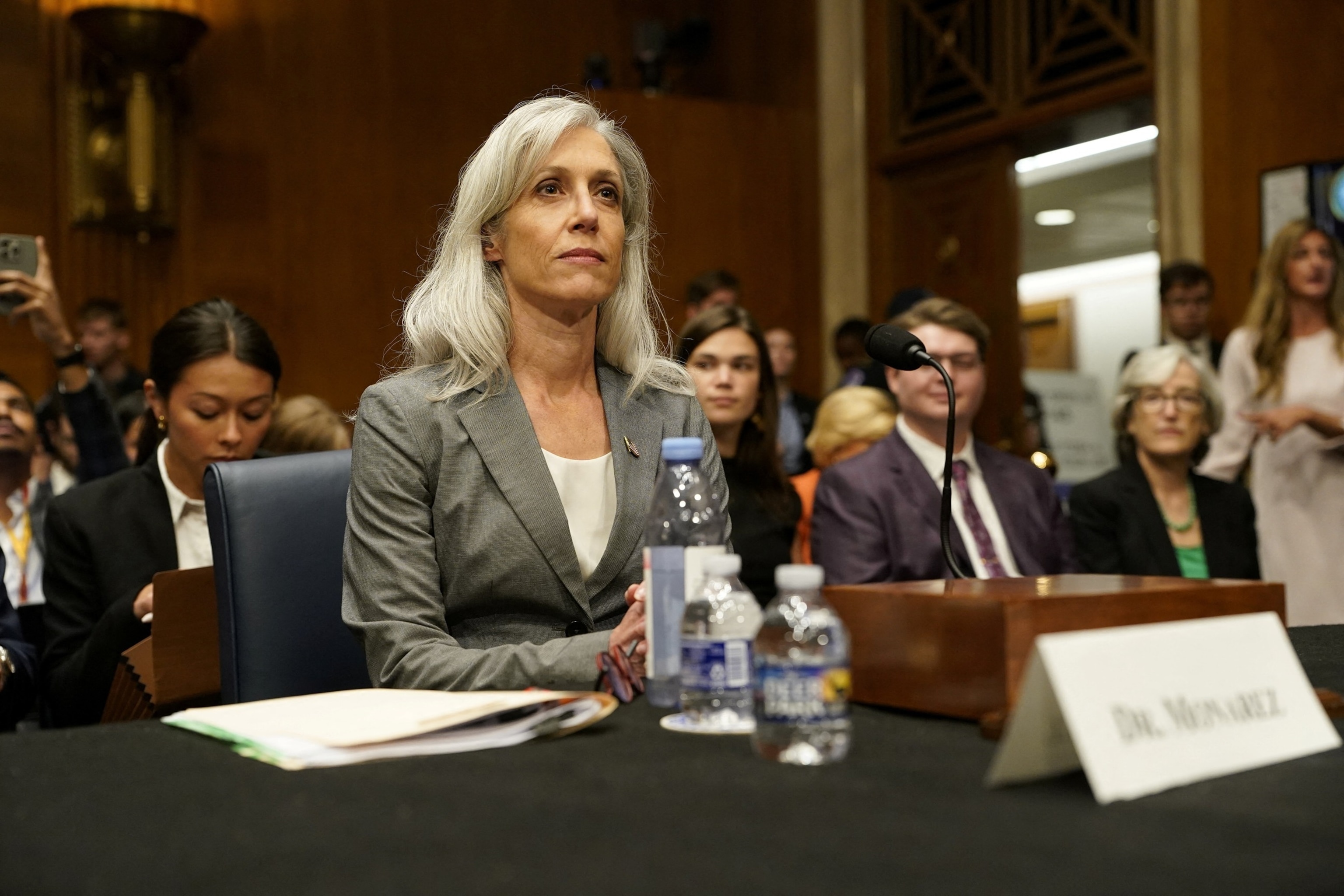
The former Director of Disease Control and Prevention, Susan Monarez, testifies to an audience of the Senate Health, Labor, Labor and Pensions Committee on Capitol Hill in Washington, on September 17, 2025.
Elizabeth Frantz/Reuters
Kennedy, at a audience before a different Senate panel earlier this month, played the version of the Monarch events. He denied telling Monaz to accept vaccine recommendations without scientific evidence, and said he was fired in part because she told him that he was not reliable.
“I told him that I had to give up because I asked him: ‘Are you a reliable person?’ And she said: ‘No’, “Kennedy replied. “If I had an employee to tell him that he was not reliable, would they ask them to resign, senator?” Kennedy had told Democratic Senator Elizabeth Warren in a burning exchange at that audience.
Republican senators pressed Monarch on Wednesday at that point. “Did you tell the secretary that they were not reliable?” Senator Tommy Tuberville, an Alabama Republican, asked Monaz.
“He told me that I couldn’t trust me because I had shared information related to our conversation beyond his staff. I told him that, if you can’t trust me, then you can say goodbye,” Monaz replied.
Monaz referred to his dissemination to Republican Senator Bill Cassidy, president of the Committee, whom she contacted between meetings with Kennedy to alert him about the growing tension.
In a dramatic exchange, Republican senator Markwayne Mullin accused Monaez of being dishonest in his characterization of his private conversation with Kennedy and said the meeting had been registered.
Cassidy then requested whether these materials had been provided to Mullin that are available to all the senators of the committee. Cassidy also asked HHS to release a recording if I had one.
“If there is no recording, I ask Senator Mullin to retract his line of questions,” Cassidy said.
Moments later, Cassidy interrupted the audience to say that there were reports that Mullin had told the journalists that he was “wrong to say that the RFK-Monarez meeting was recorded.”
“But in case it was wrong to be wrong, if there is a recording, it should be released,” Cassidy said.
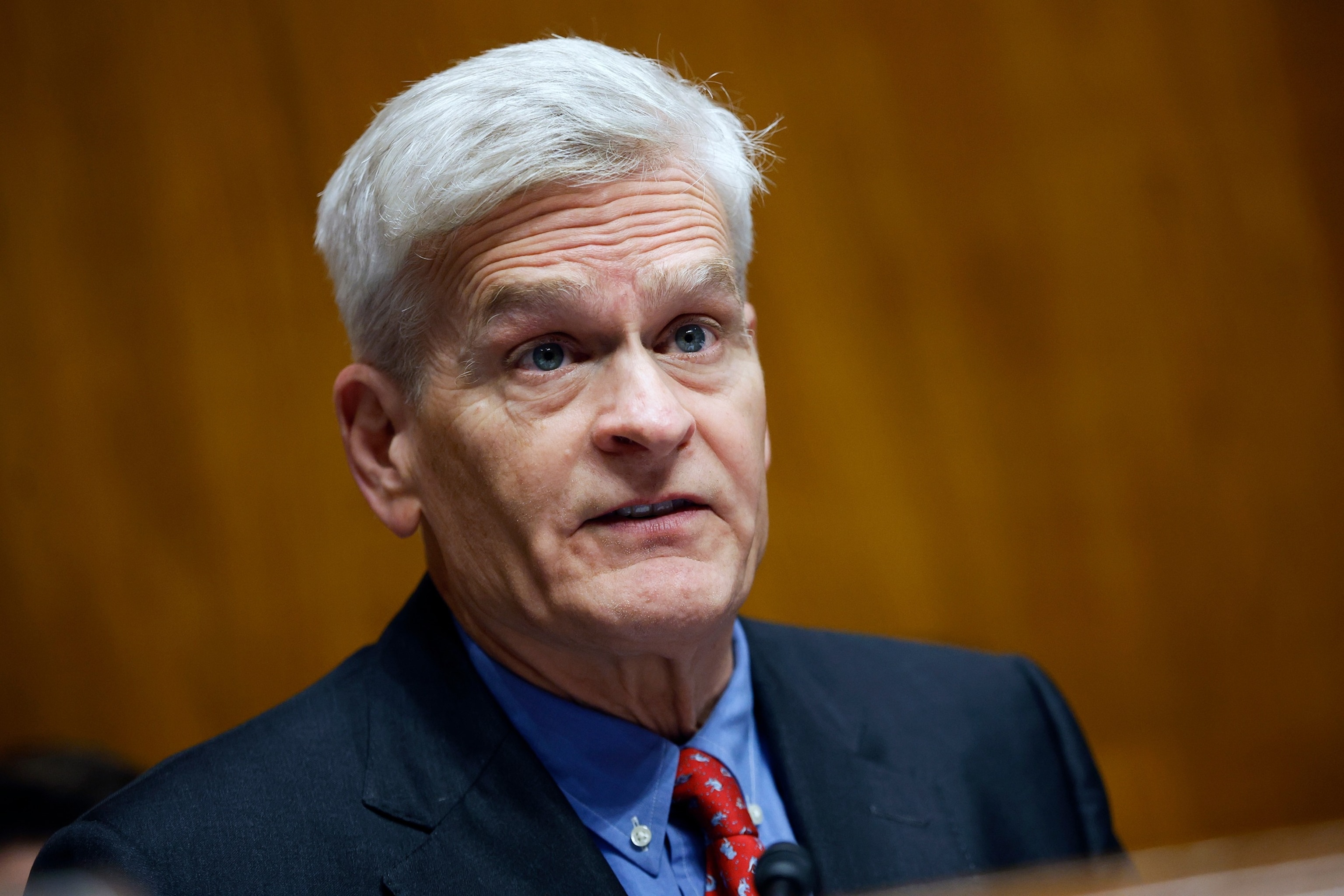
President Senator Bill Cassidy speaks during an audience with the Senate Committee on Health, Education, Work and Pensions in the Dirksen Senate Office building, on September 17, 2025 in Washington.
Kevin Dietsch/Getty Images
Cassidy, a Louisiana doctor who was one of the key votes to confirm Kennedy, said Wednesday’s audience was in the “radical transparency.”
“Part of our responsibility today is to ask ourselves, if someone is fired 29 days after each Republican votes for her, the Senate confirms her, said the secretary in her oath in which she did not have” unexpected scientific credentials “and the president called her an incredible mother and a dedicated public servant, what happened? Cassidy said.
Cassidy told Monaz and Deb Houry, former medical director and deputy program of program and science of the CDCs that they also sat for the testimony, that “the responsibility is about you to demonstrate that the criticisms level by the secretary are not true.”
Houry was one of the four main CDC officials who resigned in protest after Monaz was expelled. The high profile outputs gave the alarm by the Kennedy vaccine policy agenda, that public health officials told them to be asked to support without adequate science.
“How did Dr. Monarez be a public health expert with impeccable scientific credentials, who had the total confidence of Secretary Kennedy to be a liar and not reliable in less than a month. That is a fairly transformed transformation, I think the answer is quite obvious. In danger of the life of the people and American people throughout the world,” Senator Bernie Sanders, independent of Vermont, said on Wednesday.
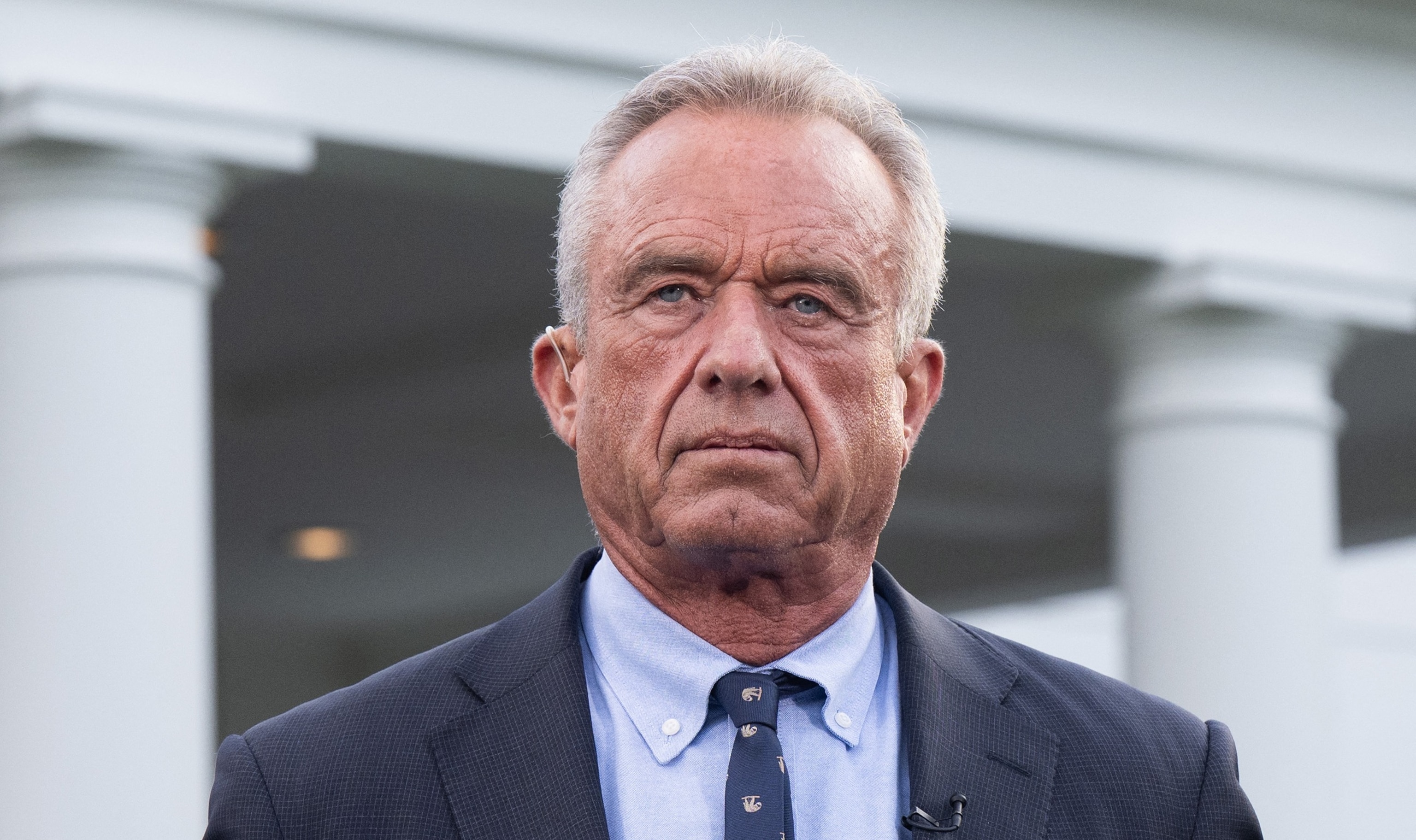
The Secretary of Health and Human Services, Robert F. Kennedy JR, is interviewed outside the White House West Wing, on September 9, 2025 in Washington.
Saul Loeb/AFP through Getty Images
Kennedy remained in the recent Shakes of the CDC, saying that they were “absolutely necessary adjustments to restore the agency to their role as the world’s standard public health agency with a central mission to protect Americans from infectious diseases.”
Monarch expressed concern about Kennedy Al HHS’s changes, including their replacement of all members in the CDC vaccine advice committee.
The CDC Advisory Committee is scheduled to meet Thursday to discuss the most widely widely vaccine recommendations, including measles, paps, rubella, chickenpox vaccine (MMRV) and respiratory syncitial virus (RSV).
“According to what I observed during my mandate, there is a real risk that recommendations can be made to restrict access to vaccines for children and others needed without a rigorous scientific review. Without a permanent director of the CDC, those recommendations could be adopted,” said Monaz.
According to Monaz, Kennedy told him that the childhood vaccine schedule would change in September and “needed to be on board with him.”
“To be clear, he said there was no science or data, but that he still expected the schedule to change?” Senator Cassidy asked.
“Correct,” said Monarch.


